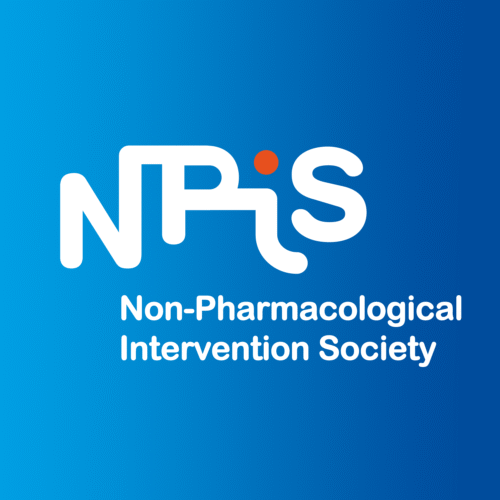Compensatory Potential as a Core Concept in the Theory of Non-Pharmacological Interventions
Georgi SAROV, Trakia University, BULGARIA
Background
The conventional pathophysiological model of chronic disease progression—comprising prolonged risk exposure, early signs, and full-blown clinical manifestation—adequately supports non-pharmacological interventions (NPIs) in patients with manifest conditions. However, it fails to justify preventive action among individuals who are asymptomatic and apparently healthy. This conceptual gap undermines the rational foundation of health promotion, especially in its earliest stages.
Methods
This paper introduces the concept of compensatory potential as a novel theoretical construct within the framework of NPIs. It is defined as the organism’s capacity to counteract pathological exposures. The proposed model suggests that the reduction of compensatory potential precedes the onset of clinical symptoms. Though undetectable by classical diagnostic means, this reduction can be assessed through provocative functional tests, offering a new strategic target for preventive interventions.
Results
From this perspective, health promotion is reconceptualized as the measurement and maintenance of compensatory potential, rather than as general exhortation to risk avoidance. The model transforms the notion of a healthy lifestyle from an abstract ideal into a dynamic profile of measurable physiological and behavioral parameters, oriented toward the earliest possible detection of vulnerability.
Conclusion
This conceptual framework addresses a major theoretical and methodological gap in preventive medicine by defining a specific, measurable, and actionable goal for NPIs in the pre-clinical phase. It aligns with NPIS criteria by offering a theoretically grounded, operationalizable target compatible with evidence-based, personalized, and non-invasive strategies.


